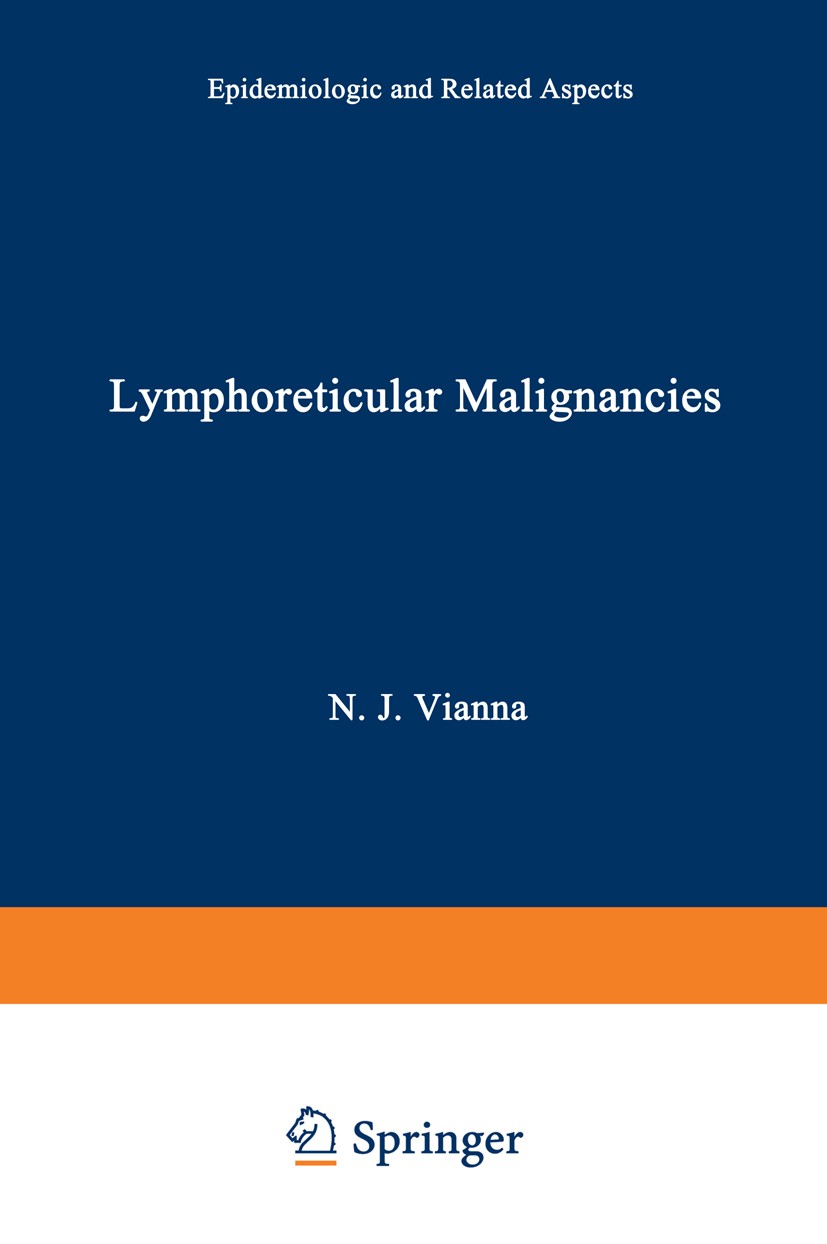| 书目名称 | Lymphoreticular Malignancies | | 副标题 | Epidemiologic and re | | 编辑 | N. J. Vianna | | 视频video | http://file.papertrans.cn/590/589232/589232.mp4 | | 图书封面 |  | | 描述 | No disease can exist by itself but rather each must be viewed as the result of some specific interaction between man and his environment. This fact is appreciated even by people in the most primitive of civilisations and prompts them to ask the basic question: ‘Why did I develop this disease‘? The astute clinician goes beyond establishing a diagnosis and asks similar questions of himself and his patient. Frequently a singular observation resulting from this type of inquiry provides the working hypothesis for the epidemiologist who again asks the same question, not of the individual but of a definable population at risk. As a science, epidemiology is bound to the laws of logic and statistics, but clearly it must go beyond this point. The epidemiologist faced with a statistic ally significant observation must also question" its biologic relevance. He must evaluate the consistency of his findings with the more estab lished features of the disease under study. He must also be sufficiently imaginative to challenge his results with additional studies, different in their methodologic approach; and, of great importance, he must have the courage to be wrong. But epidemiologic studies alon | | 出版日期 | Book 1975 | | 关键词 | cancer; cancer research; epidemiology; etiology; lymphoma | | 版次 | 1 | | doi | https://doi.org/10.1007/978-94-011-8053-5 | | isbn_softcover | 978-94-011-8055-9 | | isbn_ebook | 978-94-011-8053-5 | | copyright | N. J. Vianna 1975 |
The information of publication is updating

|
|
 |Archiver|手机版|小黑屋|
派博传思国际
( 京公网安备110108008328)
GMT+8, 2026-2-8 20:57
|Archiver|手机版|小黑屋|
派博传思国际
( 京公网安备110108008328)
GMT+8, 2026-2-8 20:57


